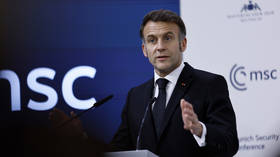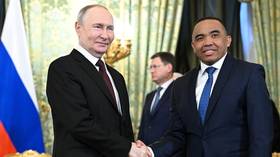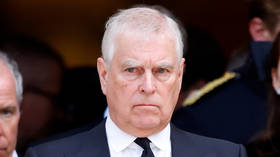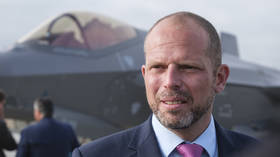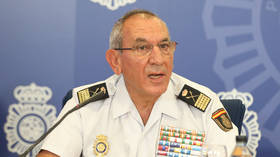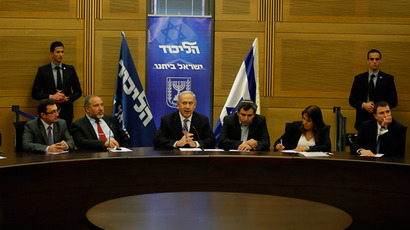Tel Aviv refuses to end Gaza blockade as part of Turkey-Israel reconciliation

Israel did not agree to end its Gaza blockade as part of reconciliation with Turkey, and could clamp down even harder on the Palestinian enclave if security is threatened, a senior Israeli official said on Sunday.
"We did not agree to promise [Turkey] that under any
condition we would continue to transfer all the things into Gaza
and ease up on the residents of Gaza if there is shooting from
there," Israeli national security adviser Yaakov Amidror told
Israel's Army Radio.
"We do not intend to give up on our right to respond to what
happens in Gaza because of the agreement with the Turks,” he
added.
The news comes just two days after Israeli Prime Minister Benjamin
Netanyahu “expressed apology” to the Turkish people for an
Israeli operation which killed nine Turks aboard a Gaza-bound
activist ship in 2010.
The Israeli leader said Tel Aviv has agreed to pay compensation to
the families of the victims and that Israel and Turkey have agreed
to work together to improve the humanitarian situation in the
Palestinian territories.
The flotilla incident has been a source of mounting tension for
almost three years. Turkey expelled the Israeli ambassador and
severed military ties with Tel Aviv in protest against Israel’s
refusal to apologize.
Throughout the rift, Turkish Prime Minister Recep Tayyip Erdogan
has routinely insisted that Israel end the blockade – a wish that
Tel Aviv now says it is unwilling to grant.
However, Israel has agreed to relax the curbs on Gaza’s civilian
imports and pledged to “continue to work to improve”
Palestinians’ humanitarian situation.
Amidror was very clear, though, that Tel Aviv will not hesitate to
reverse its concessions if necessary.
"If there is quiet, the processes easing the lives of Gazan
residents will continue. And if there is Katyusha [rocket] fire,
then these moves will be slowed and even stopped and, if necessary,
even reversed," he said.
The reconciliation seemed to be a US bid to repair relations
between Ankara and Tel Aviv. News of the apology came just after US
President Barack Obama said that Erdogan and Netanyahu had spoken
on the phone on Friday.
“I am hopeful that today’s exchange between the two leaders will
enable them to engage in deeper cooperation on this and a range of
other challenges and opportunities,” Obama said in a statement
on Friday.
The move was also praised by UN: “Assisting Israel and Turkey in
restoring their good relations had been a core objective of the
secretary-general’s efforts in the aftermath of the May 2010
flotilla incident,” UN spokesman Marin Nesirky said in a Friday
statement.
“Today’s announcement is an important and hopeful signal for
stability in the region,” he added.



